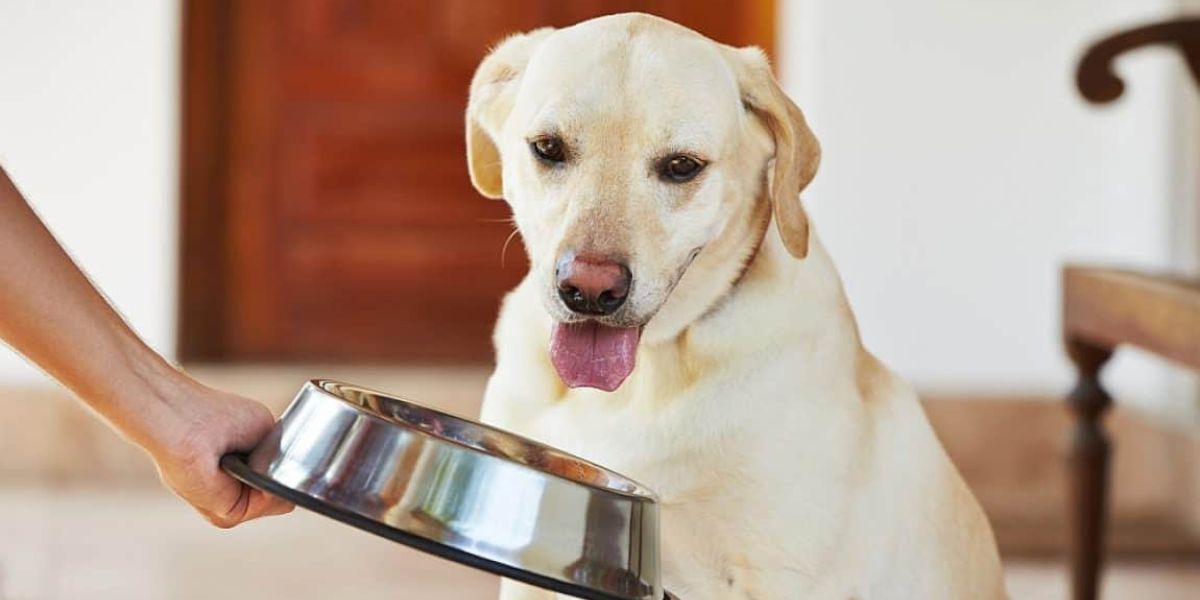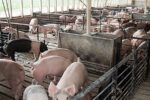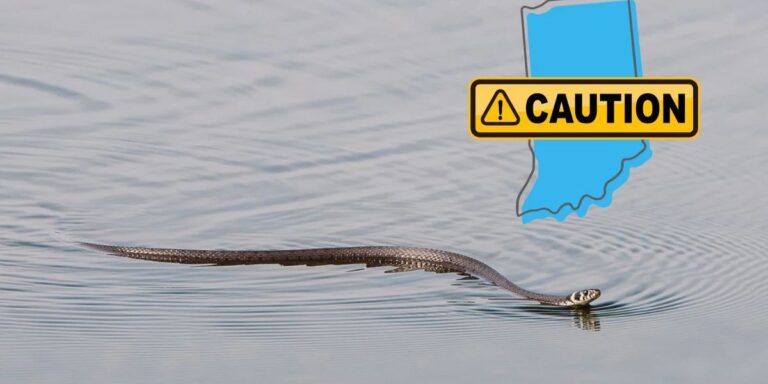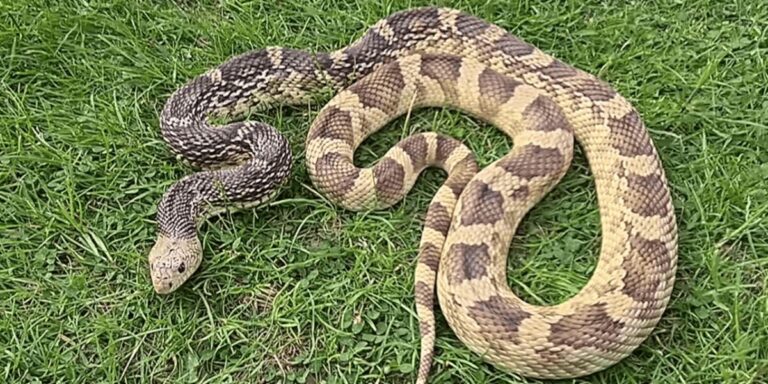The goal of the regulation is to ensure responsible pet ownership while safeguarding the environment, public health, and local fauna.
It’s important to know how this rule may affect your feeding habits if you own a pet in New Hampshire, particularly if you feed stray animals or outdoor pets.
The main points of New Hampshire’s Pet Feeder Law, its intent, and the information pet owners must know to be in compliance will all be covered in this article.
What is the New Pet Feeder Law in New Hampshire?
The Pet Feeder Law of New Hampshire governs the feeding of feral and domestic pets in public areas.
The purpose of the regulation is to address the dangers that uncontrolled feeding practices offer, including the potential to draw pests, promote animal overpopulation, and spread illnesses.
Important elements of the law consist of:
Regulation of Animal Feeding in Public Areas: Unless done in a controlled and responsible manner, it is illegal to feed animals in public areas. This is to stop food waste from spreading and to keep pests and wildlife away.
Defined Feeding locations: According to the law, pets and stray animals should only be fed in locations that have been specifically defined and regulated. The purpose of these areas is to keep food waste contained and reduce its environmental impact.
Health and Sanitation: Pet owners are responsible for maintaining hygienic and food waste-free feeding places. Food waste can lead to unhygienic conditions for both people and animals, draw pests, and taint nearby water sources.
Important Legal Aspects: Information Pet Owners Should Be Aware of
There are a number of significant facets of the Pet Feeder Law that New Hampshire pet owners should be aware of. Here are some things to be aware of:
Providing Food for Pets Outside
The new law mandates that you feed your pets responsibly and under control if you do so outside. This comprises:
Feeding in Approved Areas: You must feed your pets in an area that has been set aside for this purpose if you feed them outside. This lessens the chance of food leaking into public areas and drawing in wildlife.
Cleaning Up After Feeding: Following feeding, you must clean up any leftover food and food containers. Penalties and other sanctions may result from failure to comply. In order to prevent pest issues and preserve public health, feeding sites must be kept clean.
Providing Food for Stray or Feral Animals
Although helping stray or feral animals is understandable, the new rule forbids feeding them in public areas.
Feeding feral animals can make them more reliant on people for sustenance and lead to overcrowding, which worsens issues like illness and environmental damage.
Pet owners are advised to get in touch with local animal control or rescue groups rather than giving food to stray animals.
Louisiana’s New Pet Feeder Law: What Every Pet Owner Needs to Know
These organizations can assist with humane measures that are more successful in reducing the number of feral animals, like catch-and-release programs or neutering campaigns.
Penalties for Failure to Comply
According to the Pet Feeder Law, those who violate its rules face consequences. You risk fines if you feed animals in undesignated areas or don’t clean up after yourself.
These sanctions are in place to safeguard the neighborhood and nearby wildlife while promoting proper pet feeding.
Moral Aspects to Take into Account
The law stresses the humane treatment of animals in addition to environmental and health issues. Although regulating feeding methods is crucial, mistreating animals is not permitted by law.
Make touch with nearby shelters, animal control services, or rescue groups that can help if you come across a stray or wild animal.
Connecticut’s New Pet Feeder Law: What Every Pet Owner Needs to Know
How Will the New Law Affect Pet Owners?
A few easy adjustments must be made to comply with New Hampshire’s new pet feeder law while still providing for your pets:
Feed Pets Indoors: To prevent drawing wildlife or leaving food scraps in public areas, try to feed your pets indoors.
Utilize Controlled Feeding Stations: To reduce food waste and leakage, utilize controlled feeding stations or designated feeding sites if feeding outside is required.
Always clean up after feeding, making sure that no containers or food remnants are left around. By doing this, you can keep the area tidy and avoid drawing in harmful bugs.
Florida’s New Pet Feeder Law: What Every Pet Owner Needs to Know
Encourage Animal Welfare Programs: Give to nearby animal shelters or programs rather than supplying food for stray or wild animals. These groups can provide more efficient ways to humanely manage stray animal populations.
Keep Up to Date: Learn the legislation and any modifications to local ordinances. Speak with local authorities or animal control if you have questions about any particular rules or require advice on appropriate feeding techniques.







Leave a Comment